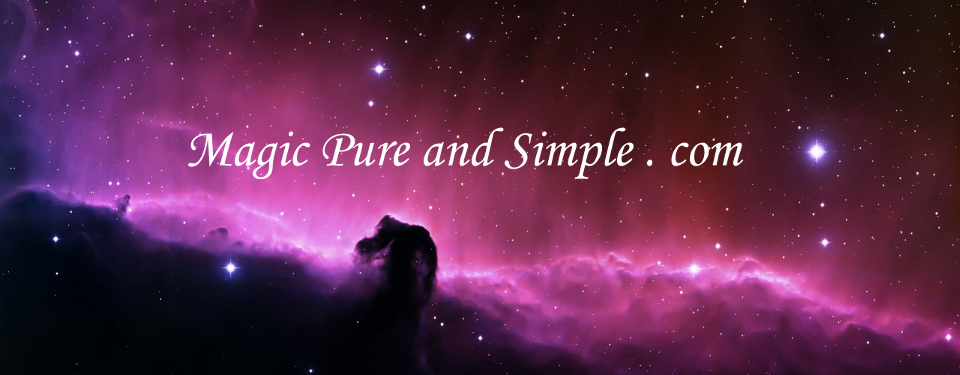Disclaimer – This article is a rough draft and doesn’t represent a finished article. More will be added as and when inspiration hits. Sorry for the mess inthe mean time and I hope the half written article will be suitable.
—–
I am writing regarding the famous phrase “Do what thou wilt shall be the whole of the law”. This phrase is most well known as the phrase that appears in the first chapter of the Book of the Law in verse 40.
Before we look at the phrase too closely, a bit of padding. The Book of the Law is a channelled text which claims to have been written by Aleister Crowley on 8-10th April 1904. Mr Crowley suggest that the text was dictated to him by a discarnate entity whom he refers to as Aiwaz. It claims to be a revelation of three entities known as Nuit, Hadit and Ra Hoor Khuit. It is recognised by religious Thelemites as being divine revelation and is there classified as a “class A text” within the A.:. A.:. which means they are beyond criticism as they represent a direct interaction with the universe.
The Law
The text indicates that the new law of the universe is to “do what thou wilt”. The previous law of the universe was the law of God which set specific moral laws which were applied unanimously across all beings such as “Thou shalt not murder. Thou shalt not steal”. The Book of the Law is interpreted as a revelation of new Aeon in which people can now do anything as long is it in accordanc with their “will”.
Will
Does this mean people can do just anything they want? Not necessarily, no. The text is generally interpreted as referring to a divine will rather than the simple desires of man, woman or other. We understand that an individual may have a reason for living in the first place. This is like the desires of the soul before it decided to incarnate. This is the will that is referred to in Thelema. It is the main focus of Thelema and it is from this that Thelema derives it’s name. Thelema is the word for Will in the Greek language.
Further in verse 44 it reads “For pure will, unassuaged of purpose, delivered from the lust of result, is every way perfect.” This makes the concept clearer. When we act with our own purpose in mind we are not necessarily acting in accordance with our true will. The true will appears to be prevented by our own desires.
Do What Thou Wilt as spiritual practice
Often a magician attempts to attain some proximity to or experience of “God”. In order to do so, in the Thelemic point of view the practitioner must be as true to themselves as possible. Since the will is understood transcends Ego the it is more true to who the magician is meant to be than anything else. If the magician acts in accordance with his will he is by his very nature closer to god.
In order to do so we must avoid “lust of result” and “purpose” these are suggested in verse 44 as not necessarily consistent with the pure Will. Ask yourself what is your true reason to approach god, is it because you want to approach the divine out of love for it or do you have some other purpose. Compare the biblical phrase “Do not be overeager to enter the House of God.” (Ecclesiastes 4:17) which could be interpreted as suggesting the same.
—
This article is incomplete and more will be added later.
